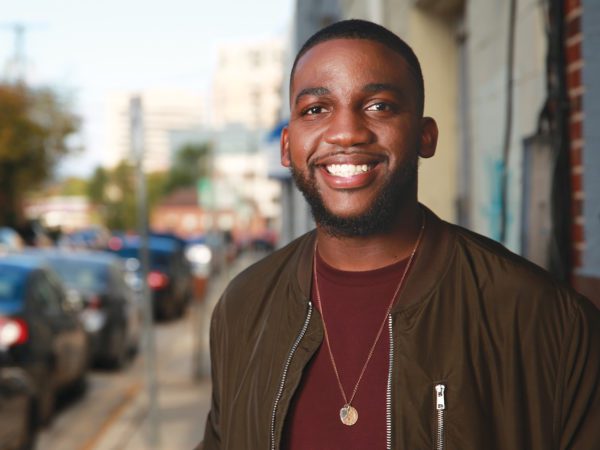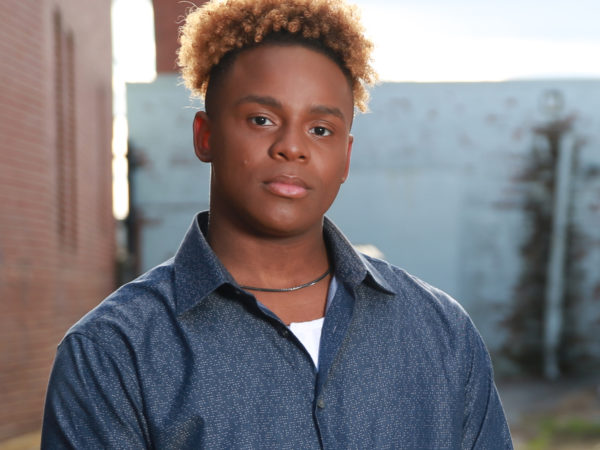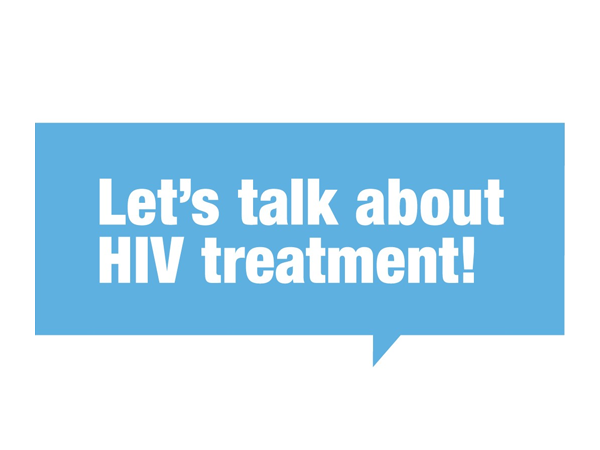After I received my diagnosis, I honestly felt that I had to deal with it by myself.
I didn’t want my friends, family, or anyone else to judge me or not want to be around me anymore. It was very difficult.
I was like, I know that I need to be in care. But this is already a big enough struggle. And then I had no clue, like what am I going to do about insurance and how much is it going to cost me? So three years went by, no care, not telling anyone.
Things changed for me when I met a woman who was living with HIV.
We had a long, maybe like couple hour conversation. It was the first time that I was able to see somebody who was healthy, had been living with HIV for quite some time, they were on medication and they had children.
That was completely new for me, it was something I didn’t think was possible being HIV positive.
It was very helpful for me to be explained by my nurse practitioner about what all of the CD4 T-cell, what all of that meant, what it looked like for me, and how the medicine was going to actually help me.
Keeping up with my treatment is very important to making sure that my viral load stays low.
Your viral load can go so low that it’s hard for your lab test to actually detect it.
It doesn’t mean that you’re cured of HIV specifically, but it does mean that you are healthier.
Undetectable viral load means that you are untransmittable to any sex partners.
Connecting with individuals who are also living with HIV has been something that has moved me past survival to feel like I’m thriving and it’s given me a better quality of life.
For more information about HIV care and treatment, go to treat.greaterthan.org.
“I knew that I needed to be in care, but I didn’t know how I was going to pay for it. Things changed for me when I got connected to local services and on treatment.”
Let’s Talk About HIV Treatment!
Antiretrovirals, the medications used to treat HIV, keep you healthy and prevent the spread of HIV to others.
Even if you do not have insurance, or are underinsured, there are options to get the care and medications you need to stay healthy.
The Ryan White HIV/AIDS Care Program offers support services for people with HIV, including mental health care, housing assistance, and more.
The AIDS Drug Assistance Program to help individuals with financial need get their HIV medications.
Click here to find out more about the health and preventative benefits of HIV treatment.



